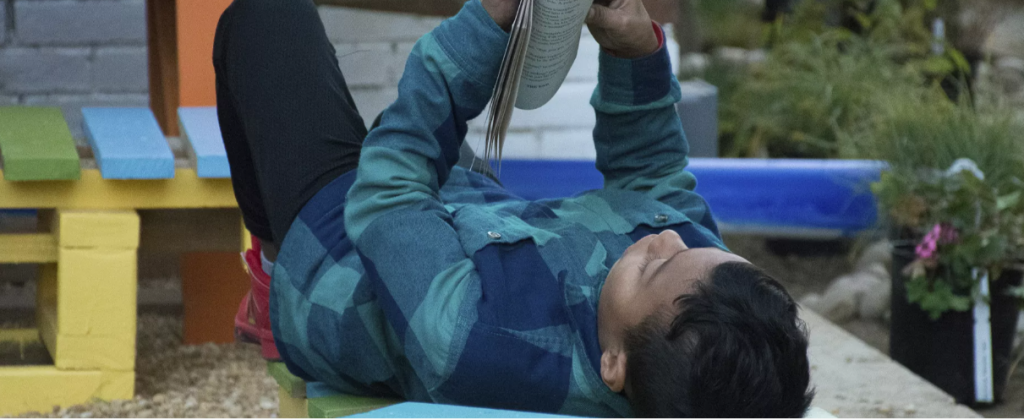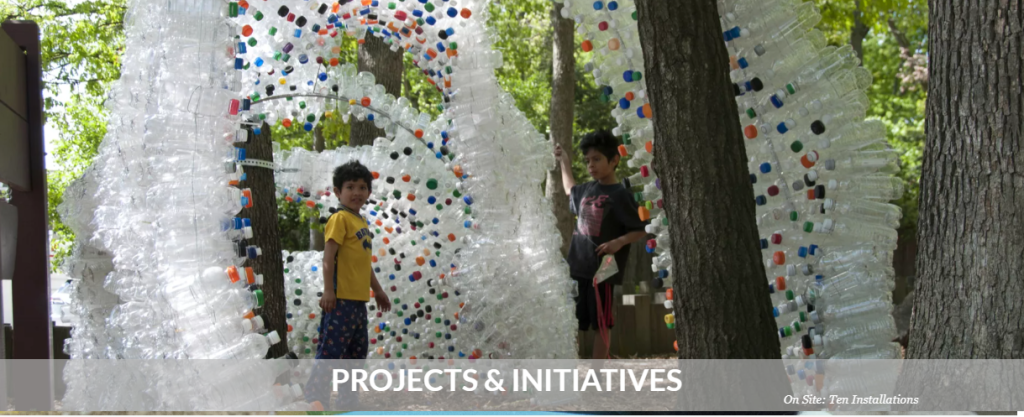Maryland Creative Placemaking Collaborative (MCPC)
Our Mission
The Maryland Creative Placemaking Collaborative (MCPC) seeks to weave the independent activities of stakeholders, practitioners, and institutions into a collaborative, unified effort to strengthen communities. MCPC leverages the unique expertise of the University of Maryland — programs in the arts, architecture, urban planning, preservation, transportation, public policy and more — to confront issues including loss of cultural heritage, climate change, gentrification, unequal economic development and lack of public safety. We work locally, but with a national and global perspective. As a land grant and teaching institution, we prioritize the communities around us and the next generation of practitioners who will serve them.
Our Values
– We work collaboratively and across sectors.
– We honor arts and place-based expertise as equal to academic knowledge.
– We are committed to social, economic, and environmental justice.
– We value an open process.
– We seek to build and strengthen relationships through place-based work.
– We seek to leverage the talent, resources and knowledge of the university community.
“Creative Placemaking is an evolving field of practice that intentionally leverages the power of the arts, culture and creativity to serve a community’s interest while driving a broader agenda for change, growth and transformation in a way that also builds character and quality of place.” – ArtPlace America.
MCPC advances creative placemaking in our communities by:
Hosting cross-disciplinary, cross-sector conversations.
Developing academic programs.
Supporting place-based creative work, scholarship and research.
Our History
The MCPC was established in 2018 as part of the University of Maryland’s National Center for Smart Growth. However, its efforts are long-established, with collaborative projects spanning the past decade in communities throughout the mid-Atlantic region.
People
Maryland Community Placemaking Collaborative is a movement of practitioners, academics, policymakers, and community stakeholders interested in building thriving and resilient communities.


